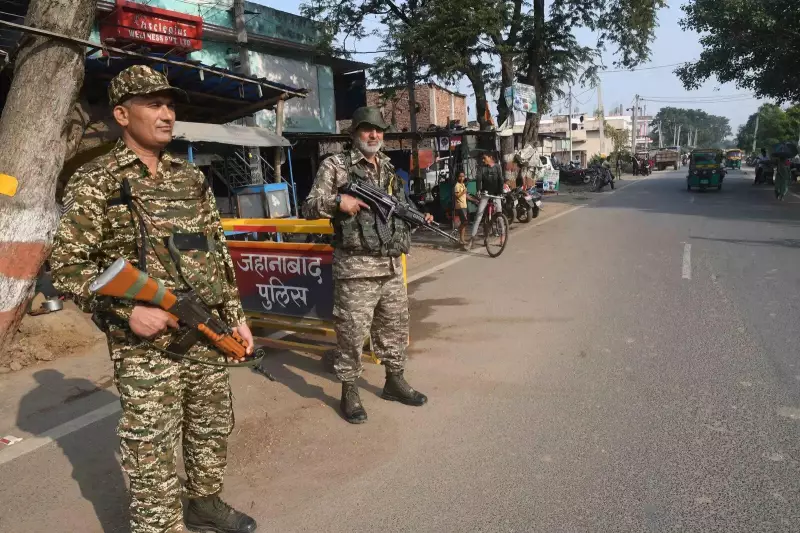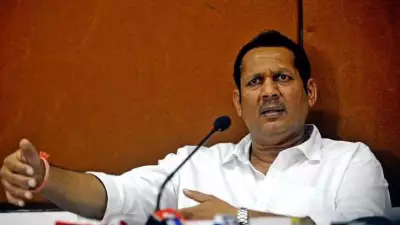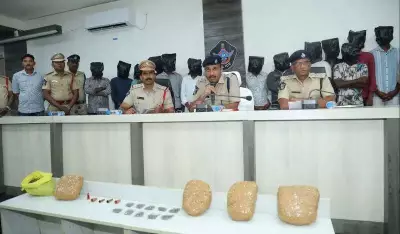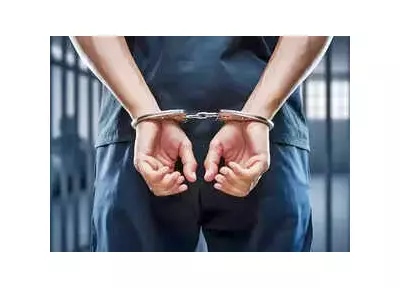
For today's Generation Z, election duty might seem like a routine government assignment, but in the 1990s and early 2000s in Bihar's Magadh division, it felt like deployment along a hostile frontier. Government employees faced genuine mortal threats from heavily armed booth grabbers and Maoist guerrillas during election seasons.
The Era of Fear and Talismans
Former deputy development commissioner Vijay Kumar confirmed the palpable fear among officials during those dangerous times. "There was good reason for the horror and escapism then," he stated, reflecting on the period when election duty meant risking one's life.
Retired bank officer Syed Shad Alam shared poignant memories of emotional farewells. "Women – mothers and wives – would tie talismans on the arms of their dear ones before they left for duty, especially in Maoist-affected areas," he recalled. "Moist eyes and worried faces marked the occasion."
Violent Incidents That Shook the Region
The danger was far from theoretical. Historical records reveal that at least two former Members of Parliament – Ishwar Chaudhary and Rajesh Kumar – were gunned down by Maoists while campaigning.
During the 2005 assembly elections, the then Gaya district magistrate Chaitanya Prasad and superintendent of police Sanjay Singh had a narrow escape when their vehicle's rear wheels got stuck on a mine-filled road. In another chilling incident, two policemen died while defusing an IED during poll duty.
The violence extended to high-profile political figures when the campaign helicopter of then BJP chief Venkaiah Naidu was torched in Gaya's Barachatti area. Several polling teams faced attacks while traveling to their stations.
This correspondent witnessed one such Maoist assault firsthand at Dighasin village in Imamganj constituency during the 2005 elections. When a voter was killed in the firing, polling officials ran for cover as security forces withdrew to safer positions.
From Mortal Fear to Welcome Break
The pervasive fear led to desperate measures among government employees. Officials recall being inundated with requests to remove names from election duty rosters using fabricated health grounds. "Doctors were often pressured to issue fake medical certificates," revealed a retired officer.
Many employees simply failed to report for duty despite facing potential disciplinary or criminal action. Vivek Kumar (name changed), who shared his experience, said: "Till 2010, I was mortally afraid of election duty."
Contrasting the past with present conditions, Vivek added: "Now, many government employees see it as a welcome break from routine desk work – a mix of work and fun, almost like an official picnic."
While some inconveniences like sleeping on floors, dealing with mosquitoes, or lacking clean toilets persist, Vivek emphasizes that "these are just one-night inconveniences" compared to the previous mortal threats.
The Transformation Factors
Several developments have dramatically improved the situation for polling officials. Improved road connectivity, better police mobility, and the destruction of Maoist bases have collectively made election duty safer.
In earlier times, polling parties often trekked long distances or traveled in bone-rattling tractors to reach remote booths. Today, most polling stations are accessible by motor vehicles, significantly reducing travel risks.
As Vivek Kumar summarized the remarkable transformation: "Things have changed a lot and changed for the better." The journey from wartime deployment conditions to manageable assignments marks significant progress in Bihar's electoral security landscape.





